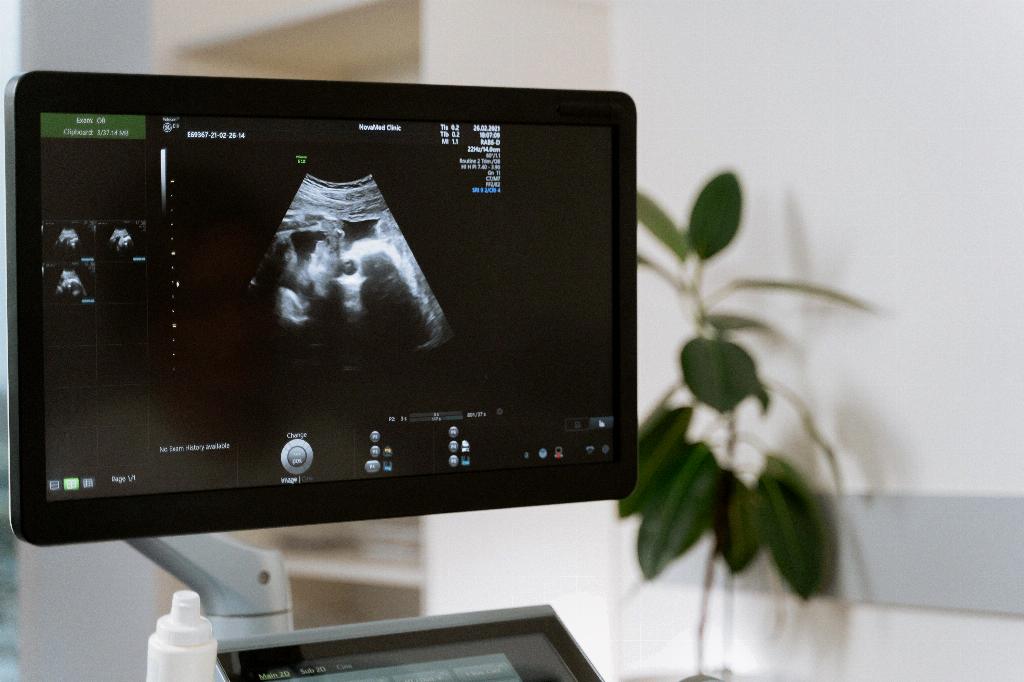Being pregnant comes with its fair share of concerns and precautions to take, including when it comes to dealing with cat poop. As an expecting mother, it’s crucial to be aware of the potential risks associated with handling cat litter during pregnancy and take necessary steps to protect yourself and your unborn child.
One of the primary concerns related to exposure to cat feces during pregnancy is the risk of contracting toxoplasmosis, a parasitic disease caused by the Toxoplasma gondii parasite. This parasite can be found in cat feces, particularly in outdoor cats or those who hunt and consume raw meat.
It’s recommended that pregnant women avoid changing cat litter whenever possible to reduce the risk of exposure to the Toxoplasma parasite. If changing the litter is unavoidable, wearing disposable gloves and washing your hands thoroughly with soap and water afterwards is essential to minimize the risk of infection.
The Toxoplasma parasite typically takes 1 to 5 days to become infectious after being shed in a cat’s feces. This incubation period highlights the importance of ensuring that the litter box is cleaned and changed daily to prevent the buildup of potentially infectious materials.
While the risk of contracting toxoplasmosis from cat feces during pregnancy is relatively low, the potential consequences of infection can be severe, especially for the developing fetus. In some cases, toxoplasmosis can lead to birth defects, pregnancy complications, or even miscarriage.
As a precautionary measure, pregnant women should consider having someone else handle the task of changing cat litter to eliminate any potential risk of exposure to the Toxoplasma parasite. If no one else can perform this task, taking proper precautions, such as wearing gloves and maintaining good hygiene practices, is essential.
It’s important to note that indoor cats that are kept strictly indoors and are not exposed to raw meat are less likely to carry the Toxoplasma parasite in their feces. However, it’s still crucial to exercise caution and follow recommended guidelines to minimize any potential risks associated with handling cat litter during pregnancy.
Consulting with your healthcare provider about any concerns or questions regarding handling cat feces during pregnancy is advisable. Your healthcare provider can provide personalized guidance based on your individual circumstances and help you make informed decisions regarding the care of your feline companion while pregnant.
Remember that taking proactive steps to protect yourself and your baby from potential risks is crucial during pregnancy. By following recommended precautions and guidelines related to handling cat litter, you can help ensure a safe and healthy environment for both you and your growing baby.
In conclusion, while it’s best to avoid handling cat poop during pregnancy if possible, taking necessary precautions, such as wearing gloves and maintaining proper hygiene, can help reduce the risk of exposure to the Toxoplasma parasite. Prioritizing your health and the well-being of your baby is essential, so don’t hesitate to seek guidance from your healthcare provider if you have any concerns or questions.

